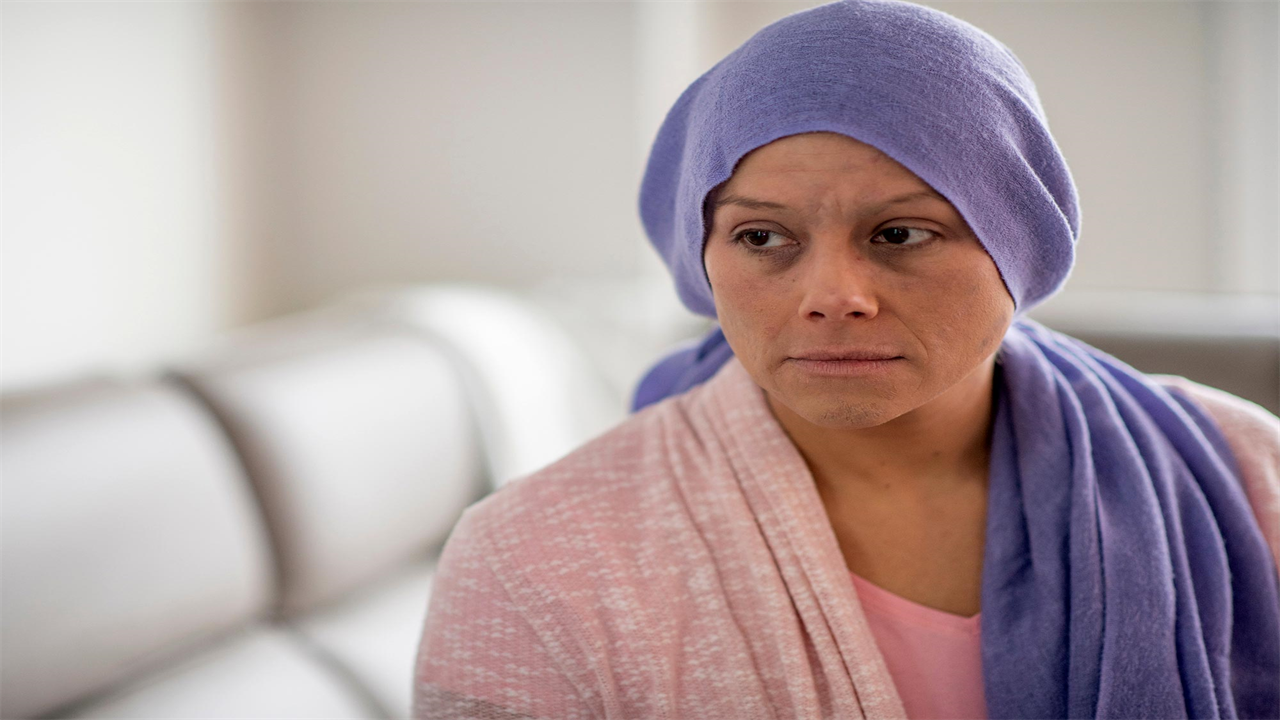One in Seven Patients Missed Out on Potentially Life-Saving Operations During COVID Lockdowns
0 View
Share this Video
- Publish Date:
- 5 October, 2021
- Category:
- Covid
- Video License
- Standard License
- Imported From:
- Youtube
Tags

One in seven cancer patients worldwide may have missed life-saving surgeries during COVID-19 lockdowns, a new study reveals.
Scheduled cancer surgery was impacted by lockdowns regardless of local COVID-19 rates at the time, with patients in lower-income countries most at risk of missing surgery.
While lockdowns have been essential in protecting the general public from the spread of infection, they have had a side effect on the care of other patients and health problems. In one of the first studies to directly measure these effects, researchers showed that lockdowns led to significant delays in cancer surgery and potentially more cancer deaths. These could have been prevented if the operations had gone ahead in time.
Researchers are calling for a major global reorganization during the pandemic’s recovery to ensure protected elective surgical pathways and intensive care beds that can continue surgery safely, as well as investment in ‘surge’ capacity for future EMS emergencies. public health.
They believe that ‘shielded’ intensive care beds would support patients with other health problems and those with advanced disease (who are most at risk for delays) to receive surgery in a timely manner. At the same time, long-term investment in emergency personnel and infrastructure would reduce disruption to elective services.
Led by experts from the University of Birmingham, nearly 5,000 surgeons and anesthetists from around the world collaborated as part of the NIHR-funded COVIDSurg Collaborative to analyze data from the 15 most common types of solid cancer in 20,000 patients in 466 hospitals in 61 countries. The team published its findings today in The Lancet Oncology.
The researchers compared cancellations and delays before cancer surgery during lockdowns with those during times of only mild restrictions. During full lockdowns, one in seven patients (15%) did not have their scheduled surgery after a median of 5.3 months from diagnosis – all with a COVID-19-related reason not to operate. However, during periods of light restriction, the percentage of non-use was very low (0.6%).
Patients who waited more than six weeks for surgery during full lockdown were significantly less likely to have their scheduled cancer surgery. Vulnerable patients, patients with advanced cancer, and patients waiting for surgery in lower-middle-income countries were all less likely to receive the cancer surgery they desperately needed.
Co-lead author Mr. James Glasbey, from the University of Birmingham, commented: “Our research reveals the additional impact of lockdowns on patients awaiting cancer surgery during the pandemic. While lockdowns are critical to saving lives and reducing the spread of the virus, ensuring the capacity for safe elective cancer surgery should be part of every country’s plan to ensure continued health for the entire population.”
“To prevent further damage during future lockdowns, we need to make elective surgery systems more resilient – protect elective surgery beds and the operating room, and make ‘surge’ capacity appropriately available for periods when much of the hospital being asked whether that is COVID, the flu or other public health emergencies.”
Co-lead author Mr. Aneel Bhangu, from the University of Birmingham, added: “The most vulnerable patients to lockdown effects were those in lower-income countries, where capacity problems that were present before the pandemic were exacerbated during lockdown restrictions. Patients in these environments were most at risk of cancellation, despite being younger and having fewer co-morbidities.”
“While we only followed patients who had a short-term delay, evidence from other research suggests that these patients may be at higher risk of recurrence. To counter this, surgeons and cancer doctors should consider closer monitoring of patients who were delayed before surgery.”
Researchers analyzed data from adult patients suffering from cancers, including colorectal, esophageal, gastric, head and neck, breast, liver, pancreas, prostate, bladder, kidney, gynecological, breast, soft tissue sarcoma, bony sarcoma and intracranial malignancies.
The team believes this data could help governments make decisions about extending or reducing restrictions.
Country-level closures have a direct impact on hospital procedures and planning as health systems change as a result of strict government policies that restrict movement. They found that full and moderate lockdowns independently increased the likelihood of non-use after adjusting for local reporting rates of COVID-19 cases.
Professor Lucy Chappell, CEO of the National Institute for Health Research and Chief Scientific Adviser (CSA) for the Department of Health and Social Care, said: “We welcome the latter in a series of high-quality, impactful research findings from the NIHR-funded COVIDSurg Collaborative We are proud of how our Global Health Research Units and Groups have responded quickly and adapted to address the impact of the global COVID-19 pandemic.These findings will help build the scientific basis for how surgical services’ better and by working with the World Health Organization and national coordinating bodies, including the Royal College of Surgeons, to develop guidelines for global surgery.”
Reference: “Effect of COVID-19 pandemic lockdowns on planned cancer surgery for 15 tumor types in 61 countries: an international, prospective, cohort study” Oct 5, 2021, The Lancet Oncology.










